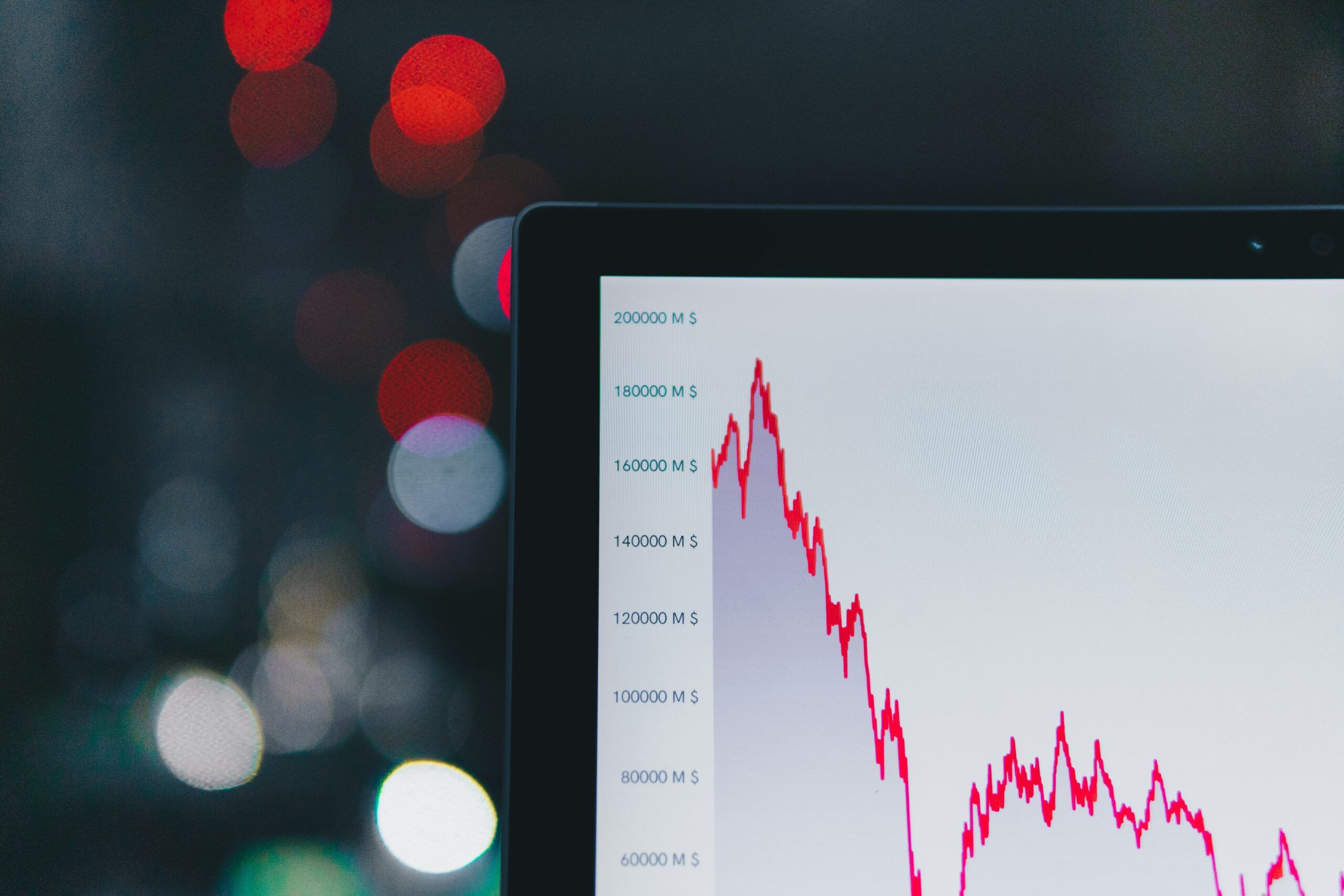
Tariffs Cause Global Market Chaos
On Monday, 7th April 2025, and from the opening bell in the far east, through Europe, and into the United States, chaos ensued across global markets. In the Asia Pacific arena, long before Europe and the United Kingdom had woken up, stock markets fell on a scale not seen in decades. In some Asian exchanges, due to mounting losses, trading was suspended as the Shanghai composite sank 7.34% and Japan’s Nikkei fell 7.83%. Hong Kong was the worst hit while equities in Japan, Taiwan, Australia, South Korea, and Singapore all suffered heavily, seeing steep declines.
In Hong Kong, the stock market plummeted 13.74% (its biggest single day decline in 30 years), before closing out at 13.22%. Experts suggest that the fall in Hong Kong’s stock market accurately reflects market expectations on how tariffs will affect the Chinese economy rather than any movement on China’s stock exchanges. They point out that Chinese stocks cannot be shorted, and it is impossible to trade freely.
In Europe, markets were also having a bad day as Donald Trump continued to wage his trade war. The pan-European STOXX 600* took a beating and was down 4.5% (down for the fourth straight session), whilst other major stock exchanges or bourses closed out down between 4% and 5%. In Germany, the benchmark DAX index** (.GDAXI) (trade sensitive) fell by as much as 6.4% finally closing at down 4.3% but painfully down 20% from its March 2025 closing all time high.
*STOXX 600 Index – This index tracks 600 of the largest stock exchange listed companies from 17 countries in Europe. The countries represented are Austria, Belgium, Denmark, Finland, France, Germany, Ireland, Italy, Luxembourg, the Netherlands, Norway, Poland, Portugal, Spain, Sweden, Switzerland, and the United Kingdom.
**DAX Index – This index measures the performance of Germany’s 40 largest companies that trade on the Frankfurt Stock Exchange and is considered by many analysts as a gauge of Germany’s economic health.
Again on Monday, 5th April, along with other global stock markets, UK stocks fell dramatically extending their selloff from the previous week. The FTSE 100 closed down 4.4%, hitting its weakest closing level for over 12 months and since Thursday, 3rd April, Blue Chips have fallen by 10%. In the meantime, Prime Minister, Keir Starmer, has announced that the United Kingdom will seek to lower trade barriers with key trading partners around the world whilst fighting to secure a trade partnership with the United States.
In the United States, the news was just as bad with the Dow Jones Industrial Average falling for a third day on the trot, with the S&P 500 losing in excess of 10% since Thursday, 3rd April. Equity markets are sending a massive NO to President Trump’s Liberation Day tariffs and analysts suggest that hedge funds may well be forced to sell down their equities and other current risky assets in order to pay margin cash calls.
There seems to be no let up on tariffs as President Trump doubles down on China and announces that there are no plans to pause tariffs. Indeed, China imposed a 34% tariff on all U.S. goods on Friday, 4th April 2025, in response to the 34% tariff imposed by President Trump on all Chinese goods. However, in response to the Chinese actions, Trump announced he would retaliate with a further 50% tariff on all Chinese goods into the U.S. effective 9th April, unless China withdraws their tariff by 8th April. China is in no mood to take a backward step with Beijing vowing to fight to the end and China’s Commerce Ministry accused the U.S. of blackmail.
President Trump and his Trumpeteers have said that tariffs have stopped bleeding the U.S. of income and in four years we will be rich and self-sufficient whilst opponents cry you have wrecked global stock markets, sabotaged supply chains and ruined individuals’ pensions. The looming trade war with China will have, according to experts, massive fallouts across the globe. Who will blink first, China or America or will the world see a massive realignment of global trading?
You may also like
- Update for Crude Oil Prices
- The Federal Reserve Holds Interest Rates Steady
- Forecast Update for Gold, Silver, Platinum and Palladium
- Why International Capital is Sitting Out the UK — And Why a Post-Labour Britain Will See Billions in Deployment
- The UK Economy from the Swiss Perspective: Why International Capital Is Paused on the UK — and Why It Will Redeploy When Labour Is Gone

Other facilities
IntaCapital Switzerland | Copyright © 2025 | All Rights Reserved